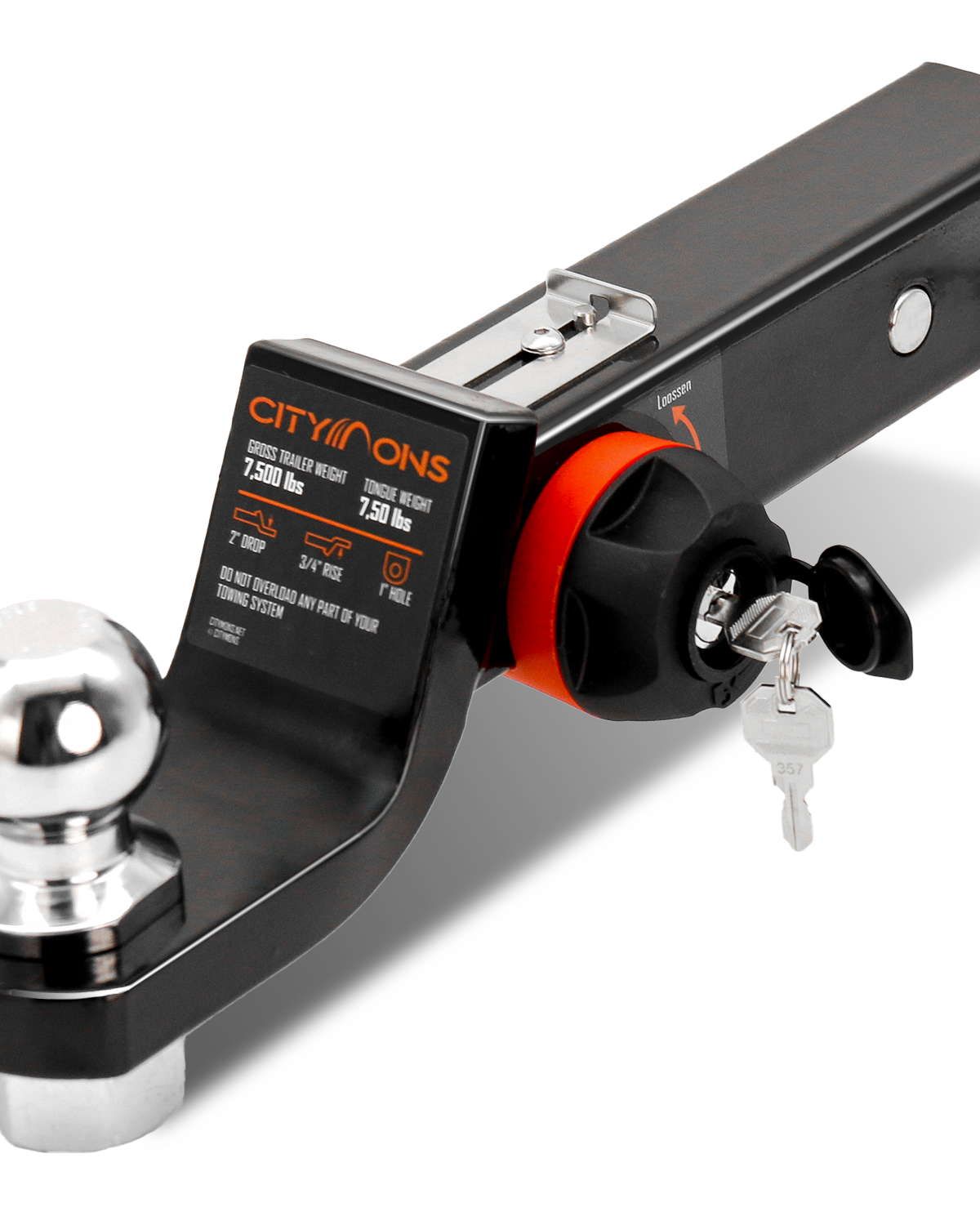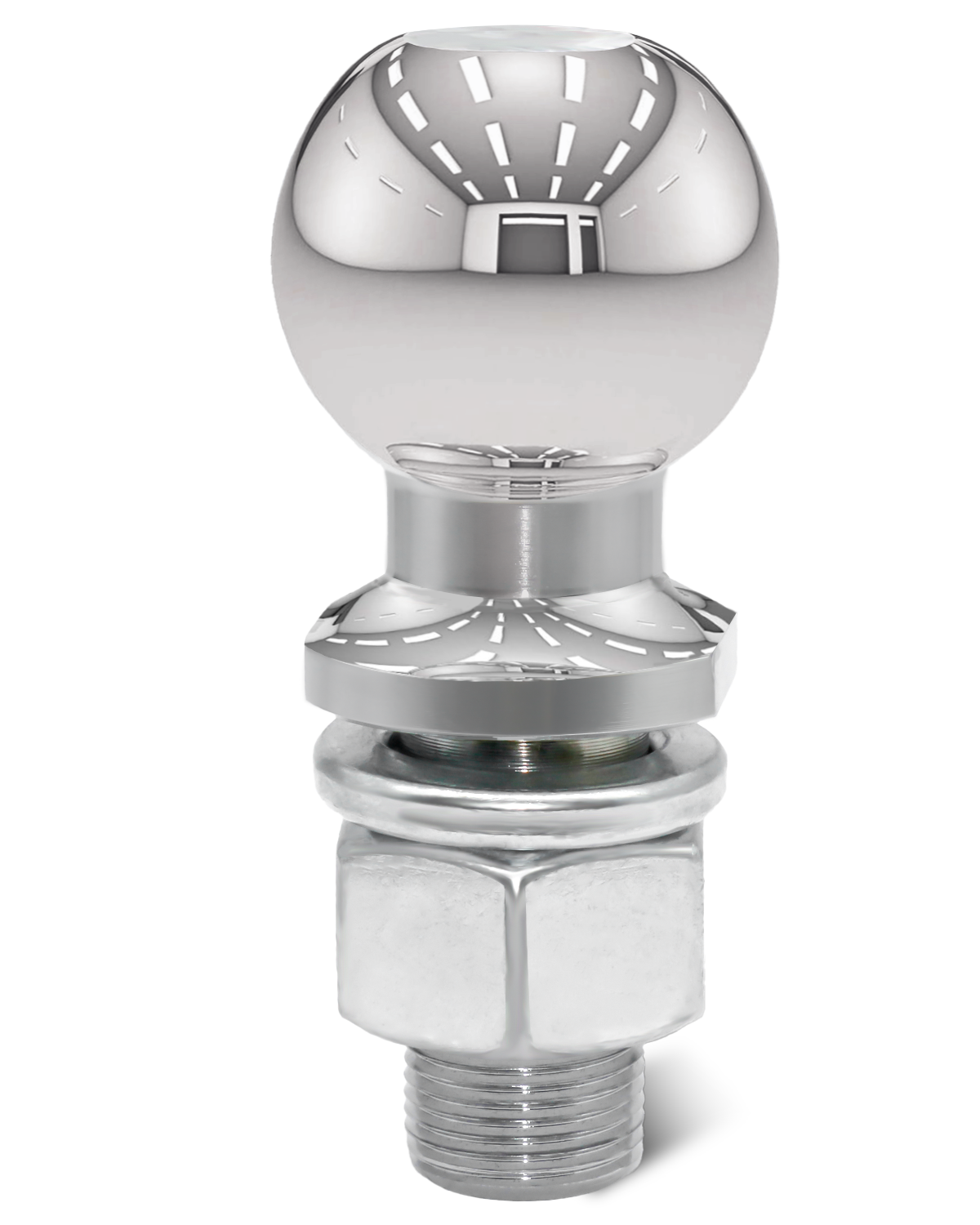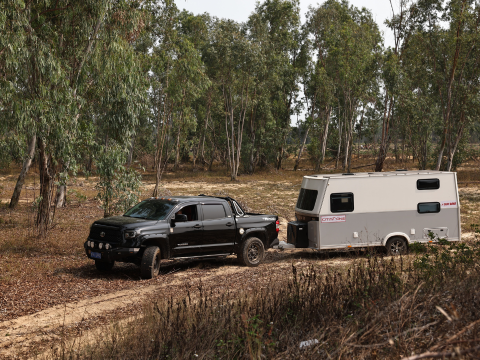Choosing the right trailer arm is crucial for ensuring a safe and smooth towing experience. With various options available on the market, it’s important to understand what factors to consider when making your selection. Here are some essential tips to guide you in choosing the perfect trailer arm for your vehicle.
1. Understand Your Towing Needs
The first step in selecting a trailer arm is understanding your towing needs. Consider the type of loads you’ll be carrying and the frequency of use. If you’re towing heavy loads regularly, you’ll need a trailer arm that’s built for durability and strength. For lighter, occasional towing, a more lightweight and flexible option may be sufficient.
2. Match the Trailer Arm to Your Vehicle
Not all trailer arms are compatible with every vehicle. It’s crucial to choose a trailer arm that matches your vehicle’s make and model. Check your vehicle’s towing capacity and ensure that the trailer arm you choose is designed to work with it. Using an incompatible trailer arm can lead to safety issues and potential damage to both your vehicle and trailer.
3. Consider the Material and Build Quality
The material and build quality of the trailer arm are vital factors to consider. High-quality trailer arms are typically made from materials like steel or aluminum, which offer a good balance of strength and weight. Steel is often more durable and capable of handling heavier loads, while aluminum is lighter and more resistant to corrosion. Evaluate the environment in which you’ll be towing and choose a material that suits your needs.

4. Check for Corrosion Resistance
Corrosion can significantly reduce the lifespan of a trailer arm, especially if you’re towing in wet or coastal areas. Look for trailer arms that are treated with corrosion-resistant coatings or made from materials that naturally resist rust. This ensures longevity and reliability, even in harsh conditions.
5. Evaluate the Installation Process
Ease of installation is another important factor. Some trailer arms are designed for quick and simple installation, while others may require professional help. If you prefer a DIY approach, look for a trailer arm that comes with clear instructions and requires minimal tools for setup. This can save you time and frustration, especially if you need to install or remove the trailer arm frequently.
Conclusion
Selecting the right trailer arm for your vehicle involves careful consideration of your towing needs, vehicle compatibility, material quality, and other key factors. By taking the time to evaluate these aspects, you can ensure that you choose a trailer arm that not only meets your requirements but also enhances your overall towing experience. Invest wisely, and you’ll enjoy safe and reliable towing for years to come.






